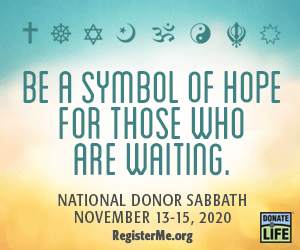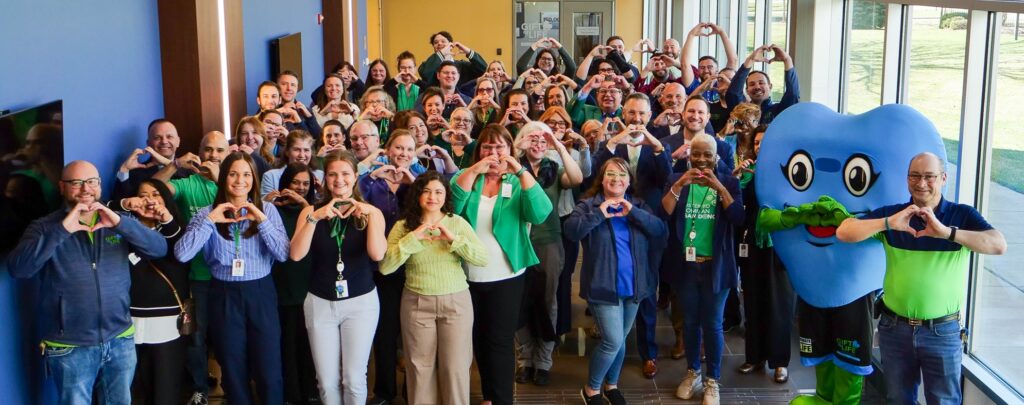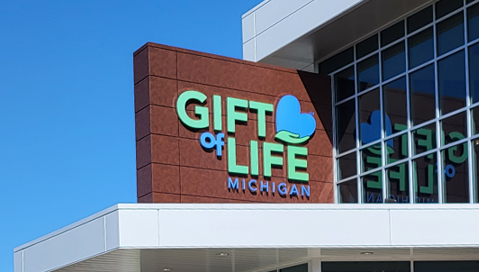This weekend, faith leaders across the country are getting together to host discussions about organ and tissue donation.
The annual National Donor Sabbath takes place from Nov. 13-15 this year. It is traditionally observed on the Friday through Sunday two weeks before the Thanksgiving holiday. This 3-day observance includes the days of worship for major religions practiced in the United States.
There’s a good reason for that, too: it’s because all major religions support the concept of organ and tissue donation and believe it’s an individual choice for their members.
“It’s always an invitation – it’s never mandatory – and there’s no guilt either way,” Father Richard Leliaert of the St. Robert Bellarmine Parish in Redford said at an event last year. “It’s an individual decision.”
Most faith traditions consider organ and tissue donation an act of compassion and generosity and, while they are supportive of the idea, the conversation can still be a difficult one. National Donor Sabbath provides an opportunity for faith leaders to share their views and join in the conversation. It also provides donor families and transplant recipients an opportunity to share their stories and talk about the role their faith played in their journeys.
Many churches, like the Unitarian Universalist Church in Flint, have recorded special events on the topic to be shared during or after their regular services.
Originally organized by Donate Life America in 1997, National Donor Sababth is supported by the U.S. Department of Health and Human Services, Health Resources and Services Administration, together with national, State, and local donation organizations, faith communities, health providers, community organizations, and concerned individuals.
You can find more information about specific faith traditions and organ donation here.








